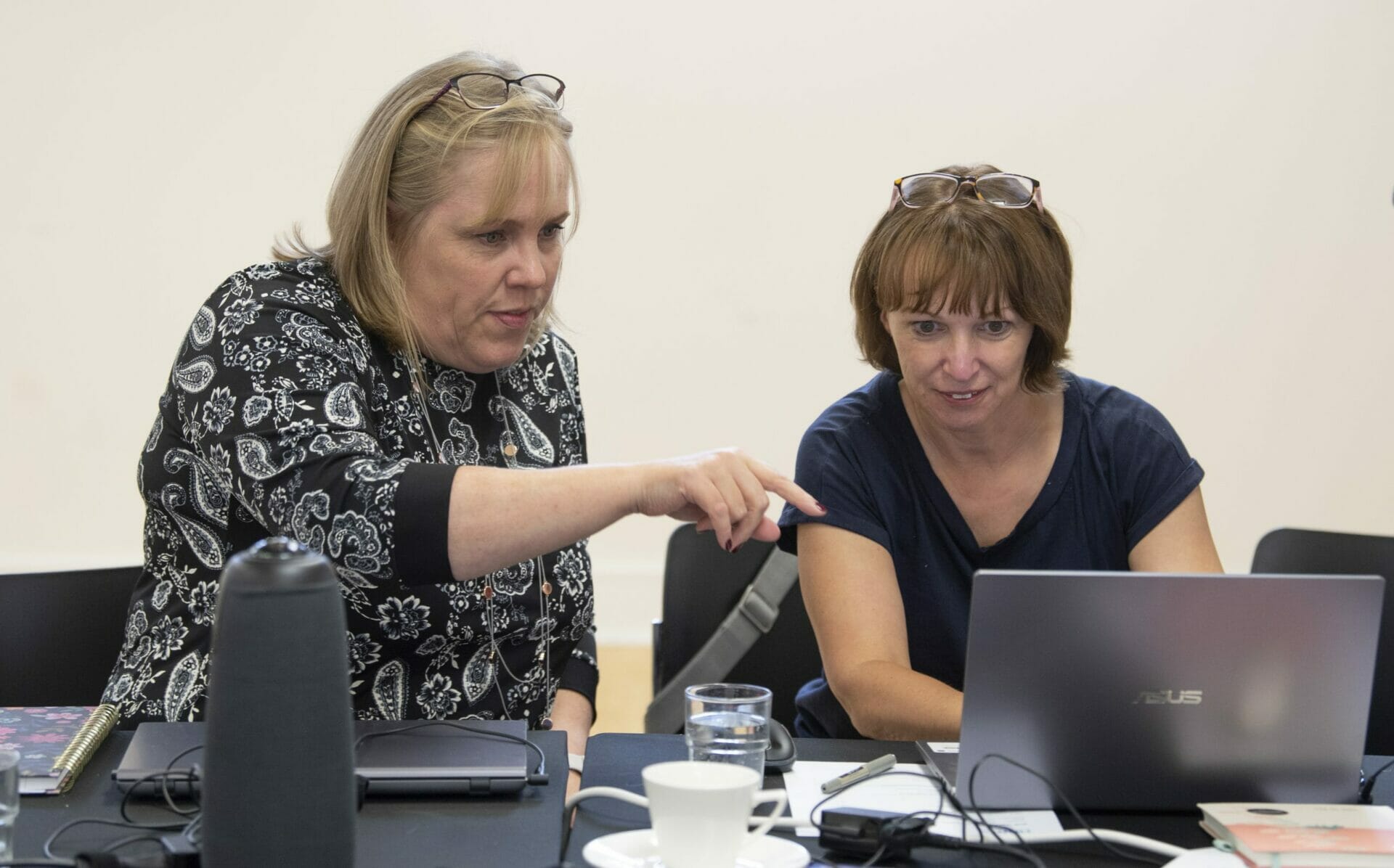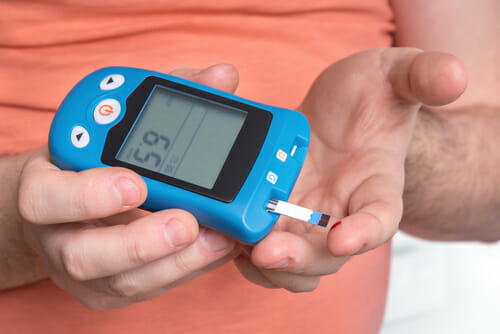Theme lead: Professor Reecha Sofat
Linking data from large, ‘omics-rich’ clinical cohorts with routine health records could transform our understanding of disease causes, progression, and treatment. Cohort studies provide powerful insights into cardiovascular and metabolic diseases, but their impact is often limited by the complexity, cost, and time required to link them with other health data.
What we do
We coordinate the linkage of cardiovascular and diabetes cohort data with routine health records, reducing administrative and cost barriers while ensuring data security. Our work to develop a trusted research environment for clinical cohorts, UK CliC, enables researchers to:
- Access linked health data more quickly by streamlining applications and governance
- Reduce research costs by sharing data linkage expenses across studies
- Ensure data security through a trusted research environment
Key areas of work
Hosting UK CliC: The UK Clinical Cohorts Trusted Research Environment
Find out more about the UK Clinical Cohorts Trusted Research Environment.
- For cohort owners
- For researchers
- For the public
Expanding research potential through multimodal data
We will enhance cohort data by linking it with additional sources such as imaging, genomic, and biochemical data. This enables researchers to uncover deeper insights into disease mechanisms and treatment responses.
Ensuring patient and public involvement (PPIE)
Public trust is at the heart of our work. Our UK CliC Patient and Public Involvement and Engagement Group ensures that patient perspectives shape how data is used.
- Co-produced FAQs to address public concerns.
- Ongoing engagement to guide priorities for cohort research.
- Representation in oversight panels to ensure transparency and trust.
What do we mean by ‘Enhancing Cohorts’?
A cohort is a group of individuals participating in a research study, often sharing a common characteristic (e.g., people over 50 with atrial fibrillation). Researchers collect data such as blood tests, imaging, and genetic information. By enhancing cohorts, linking this data with routine health records (e.g., GP visits, hospital stays, prescriptions), we create a more complete picture of disease progression and treatment effectiveness.
This approach helps researchers deliver faster, more impactful insights that lead to better patient outcome.

Whole Population Data
We aim to improve access to and use of high-quality, linked health datasets covering entire populations across the UK.

Defining Disease
To drive large-scale, data-driven research, we’re working to develop and share reusable definitions of cardiovascular diseases in computable forms. These definitions enable researchers to interpret and use health data, leading to more accurate and reproducible studies.

Data Enabled Clinical Trials
By integrating routinely collected NHS health data into clinical trials, we’re helping researchers recruit participants more effectively, reduce administrative burdens, and generate real-world evidence that can lead to quicker, more impactful advances in cardiovascular care.

Imaging
Cardiovascular imaging research has the potential to transform disease diagnosis, risk assessment, and treatment. This area aims to improve access to imaging data linked to health-relevant datasets across the UK, enabling innovative research and improving patient outcomes.

Smartphones and Wearables
We’re working to unlock the potential of smartphone and wearable data to discover new ways to prevent, diagnose, and treat cardiovascular disease, by establishing secure access to and fair use of smartphone and wearable data linked to healthcare records.

CVD-COVID-UK / COVID-IMPACT
CVD-COVID-UK/COVID-IMPACT is a major research programme coordinated by the BHF Data Science Centre, bringing together a consortium of over 400 researchers across more than 50 organisations. The programme enables analysis of anonymised, linked, nationally collated healthcare datasets across the UK to investigate the relationship between COVID-19 and cardiovascular disease, as well as its impact on other health conditions and risk factors.

Diabetes Data Science Catalyst
This exciting partnership between the BHF Data Science Centre, Diabetes UK and HDR UK aims to develop improvements in our understanding of the link between cardiovascular diseases and diabetes.

Stroke Data Science Catalyst
A partnership between the BHF Data Science Centre, the Stroke Association, and HDR UK, using data to drive research into stroke prevention, treatments, and care.

Kidney Data Science Catalyst
This partnership between the BHF Data Science Centre, Kidney Research UK and HDR UK will enable researchers to securely access, link and analyse existing UK health data, speeding up the search for better kidney and cardiovascular disease prevention, treatments, and care.